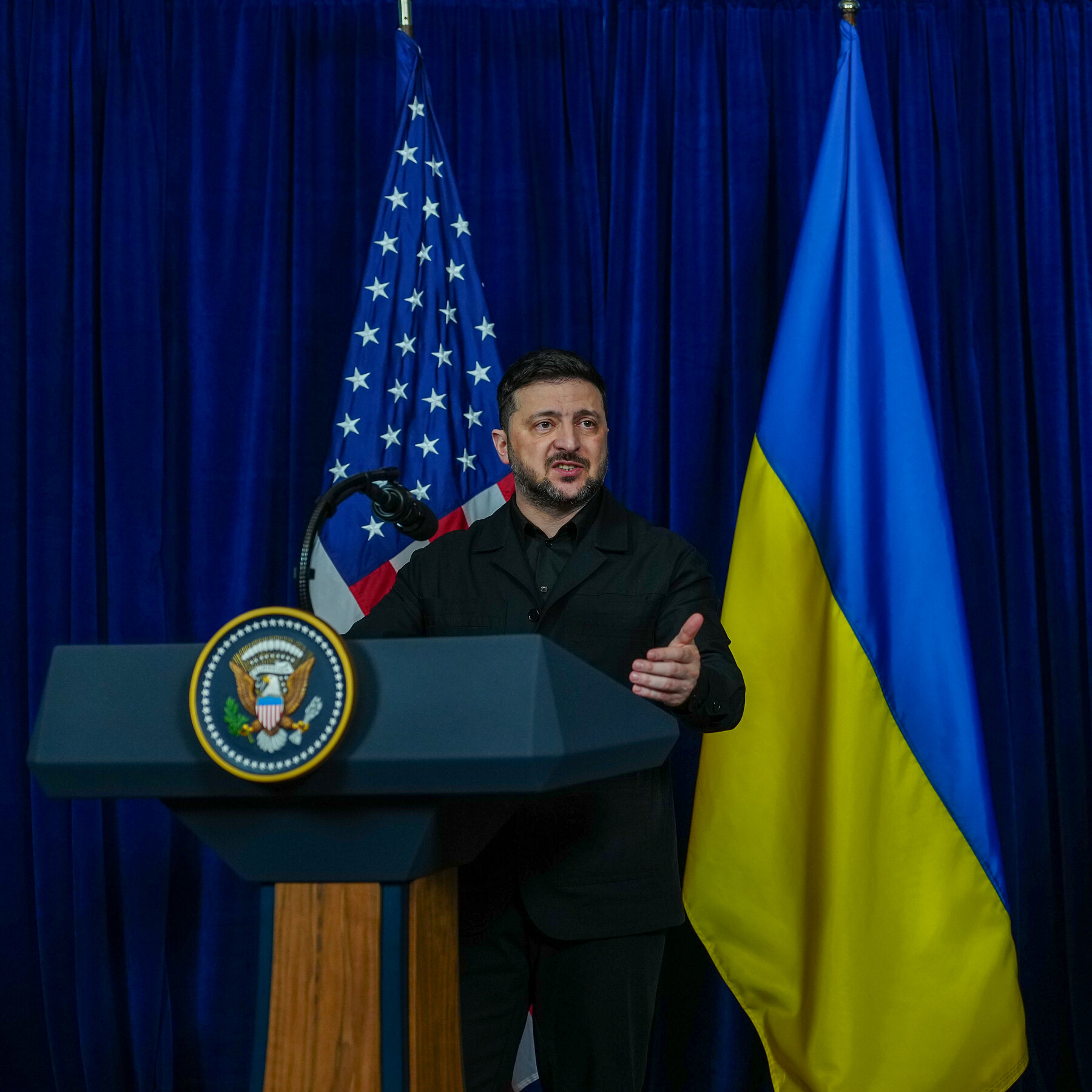Maine Court to Decide on Mother’s Religious Rights in Custody Dispute

The Maine Supreme Judicial Court is reviewing a contentious custody case that raises significant questions about parental rights and religious freedom. The case, Bickford v. Bradeen, centers on a court order that prohibits a mother from taking her 12-year-old daughter to church or exposing her to Bible teachings. This ruling has sparked a debate over the limits of judicial authority in matters of religion and the standards of evidence in family law disputes.
The original order, issued by the Portland District Court on December 13, 2024, granted the child’s father, Matthew Bradeen, exclusive control over all religious decisions. The court determined that the teachings at Calvary Chapel, the church attended by the mother, Emily Bickford, posed a risk of “psychological harm” to the child. Testimony revealed concerns regarding specific imagery and messages from the church that the court deemed distressing for the child.
During oral arguments presented to the state’s high court on November 13, 2025, Bickford’s attorney, Mathew Staver, argued that the court’s restrictions were unconstitutional. He claimed they imposed a “total veto” on Bickford’s ability to engage in religious education with her daughter. Staver emphasized that the evidence presented did not meet the constitutional threshold required to justify such severe limitations. He stated, “There is no finding of abuse or neglect,” and highlighted that the child’s previous anxiety incidents should not warrant such drastic measures.
In contrast, the attorney for Bradeen, Michelle King, defended the lower court’s ruling, asserting that the trial judge’s findings demonstrated a compelling state interest in protecting the child. King maintained that the court’s restrictions were carefully tailored to address potential psychological harm, citing testimony from an expert witness on the psychological impacts of religious teachings. This expert’s testimony, despite being challenged by Bickford’s team, was deemed credible by the trial court.
The justices deliberated over the implications of the case, questioning the balance between the “best interest of the child” standard and religious freedom. One justice raised concerns about how far courts can intervene in religious practices when psychological harm is alleged. Staver clarified that there is indeed a line, distinguishing between protected religious expression and situations involving abuse, which would warrant judicial action.
The Maine Supreme Judicial Court’s decision, expected in the coming months, will determine whether the lower court’s ruling was a lawful restriction on Bickford’s rights. The outcome could set a significant precedent regarding how courts across the country handle cases involving parental rights, religious freedoms, and psychological harm claims in custody disputes.
As deliberations continue, both parties await a ruling that could reshape the landscape of family law regarding religious rights and the authority of the courts. The implications of this case extend beyond Maine, potentially influencing how similar cases are addressed nationwide.






